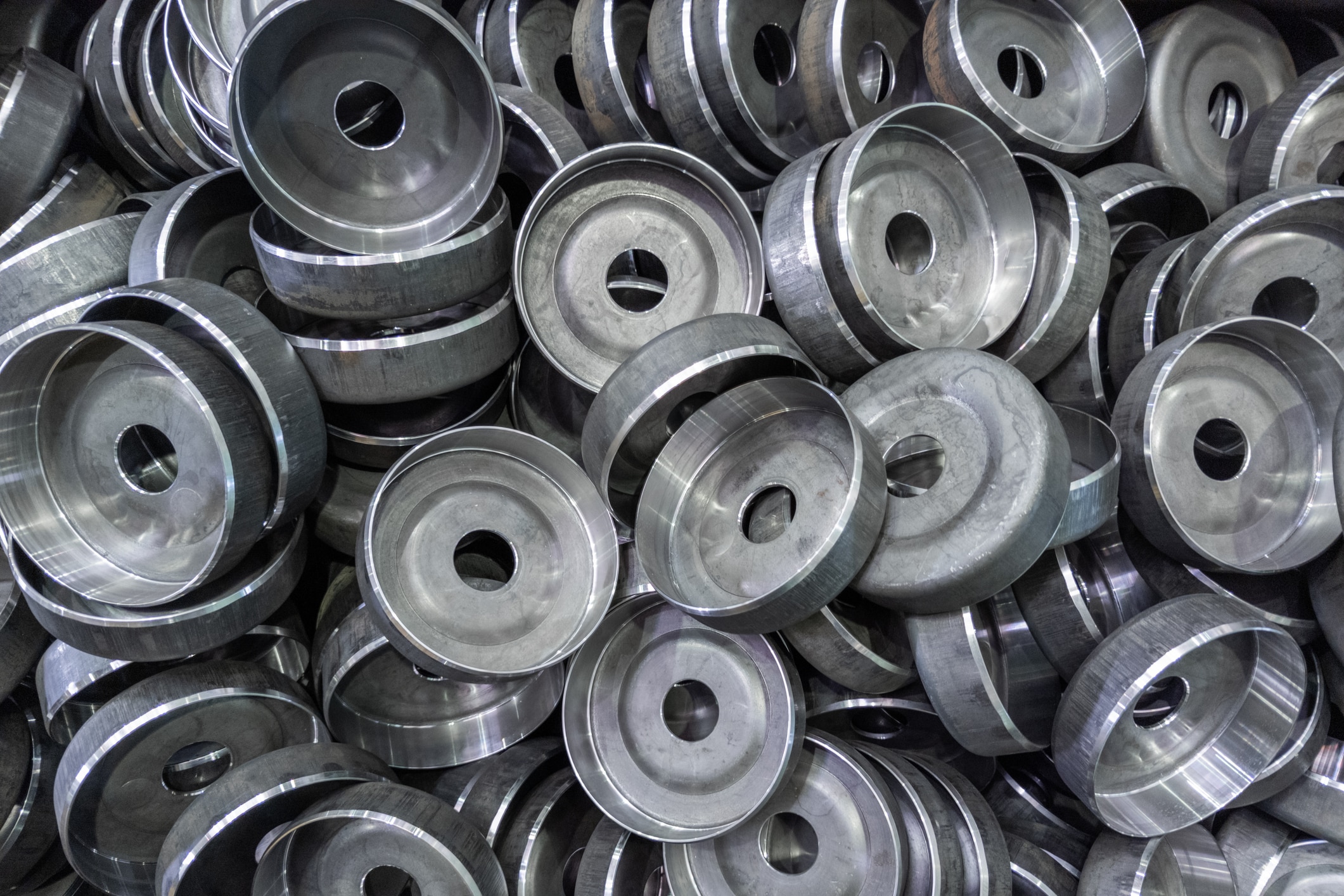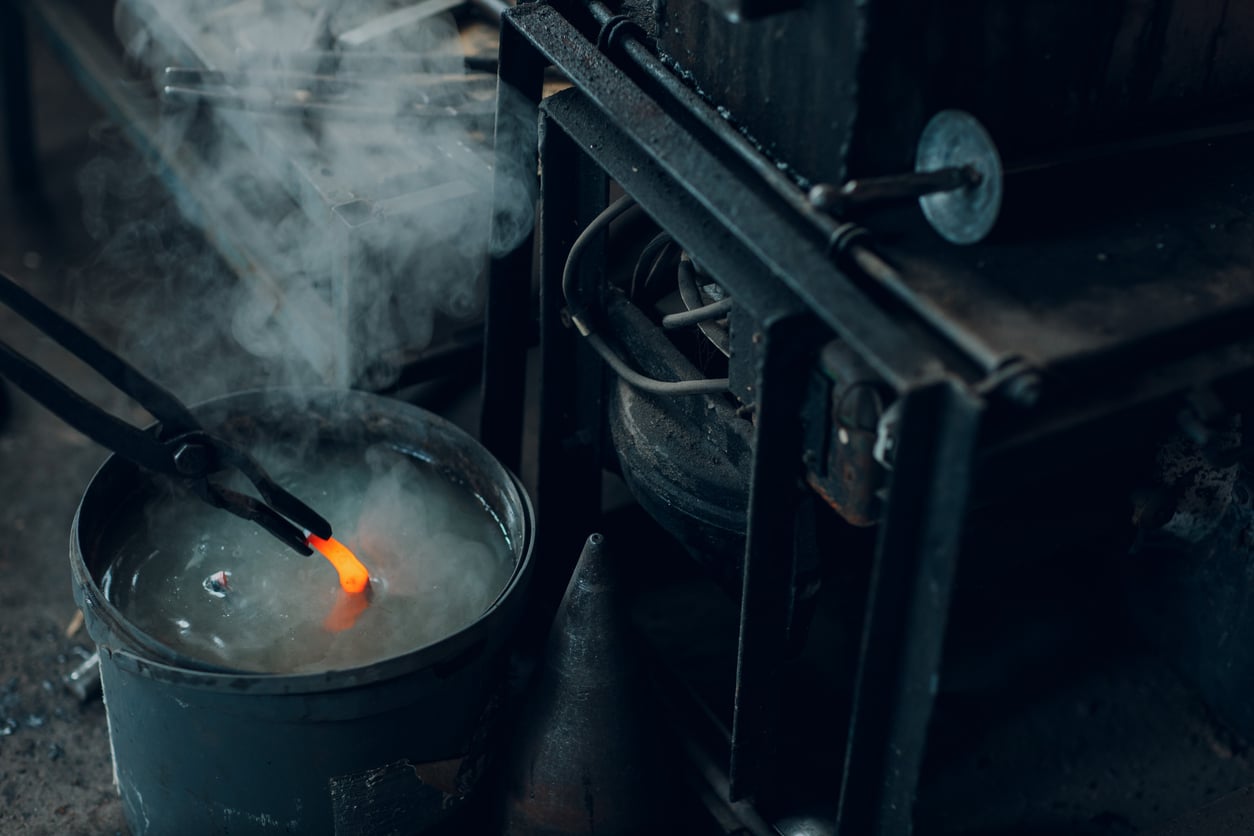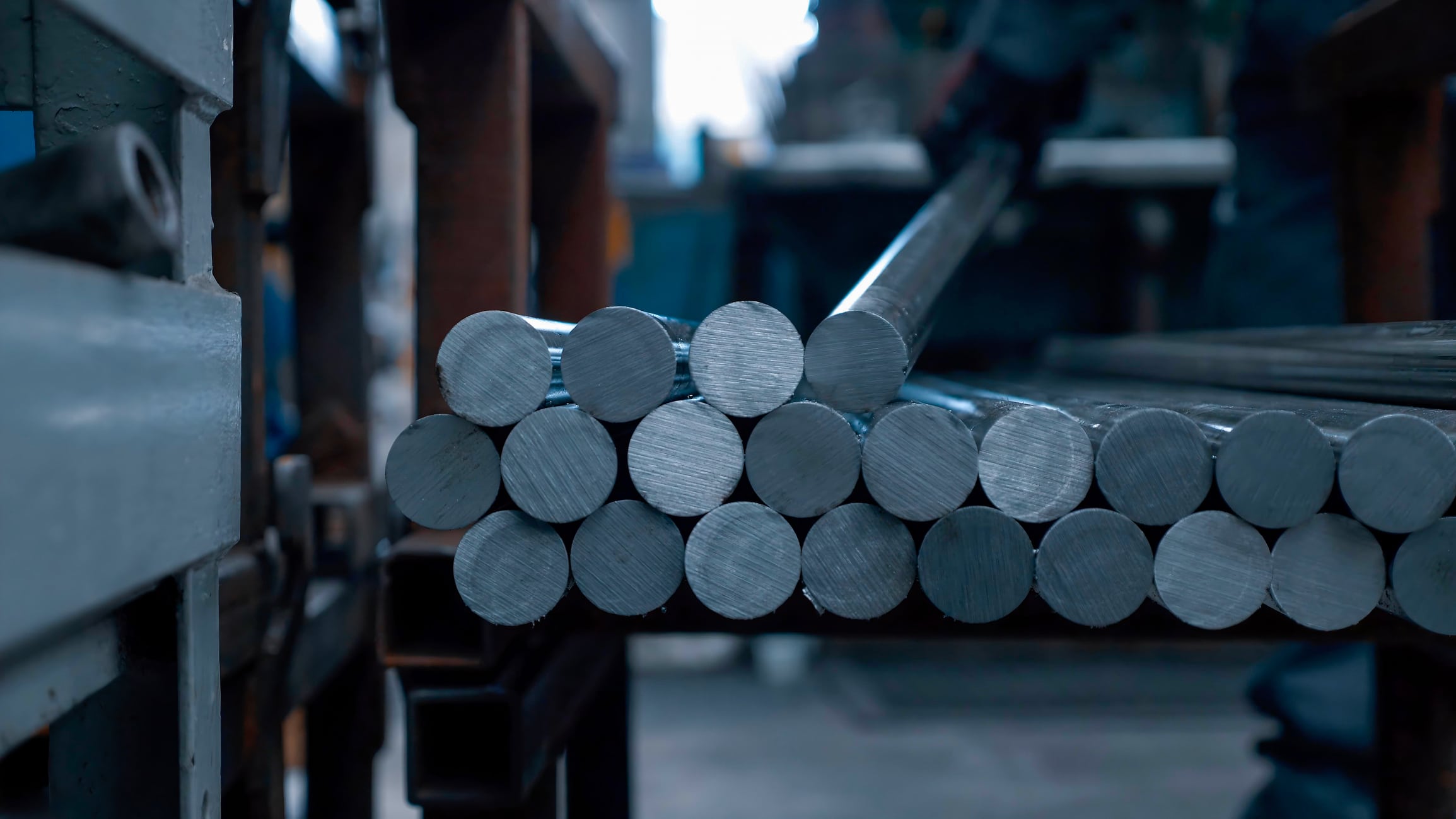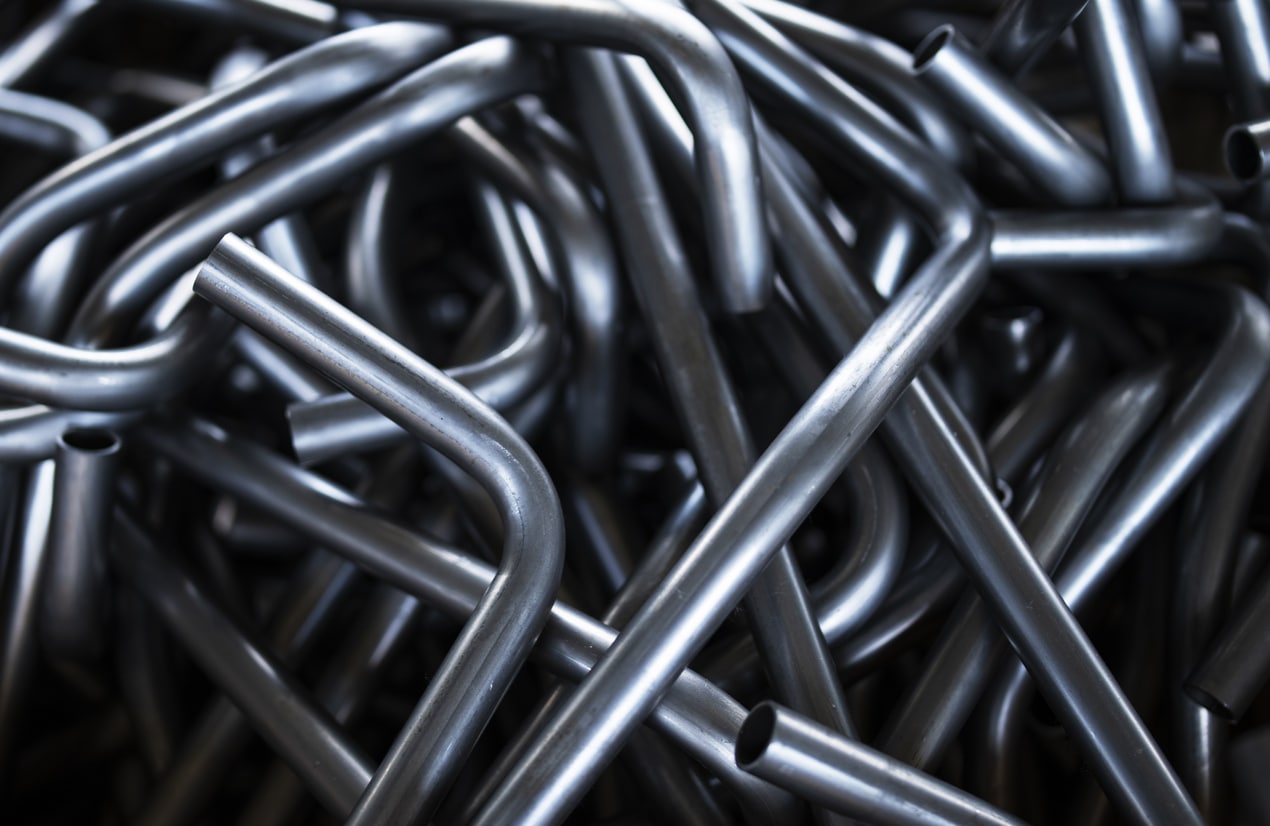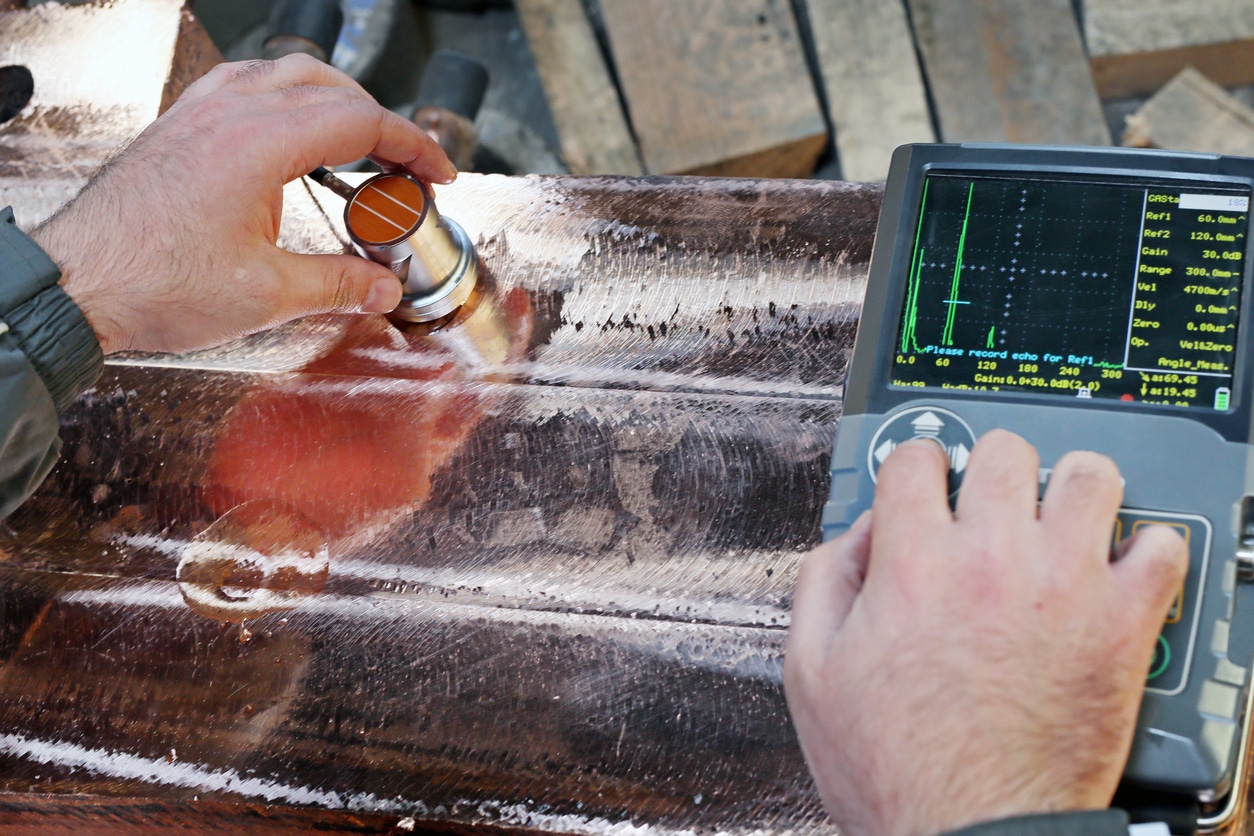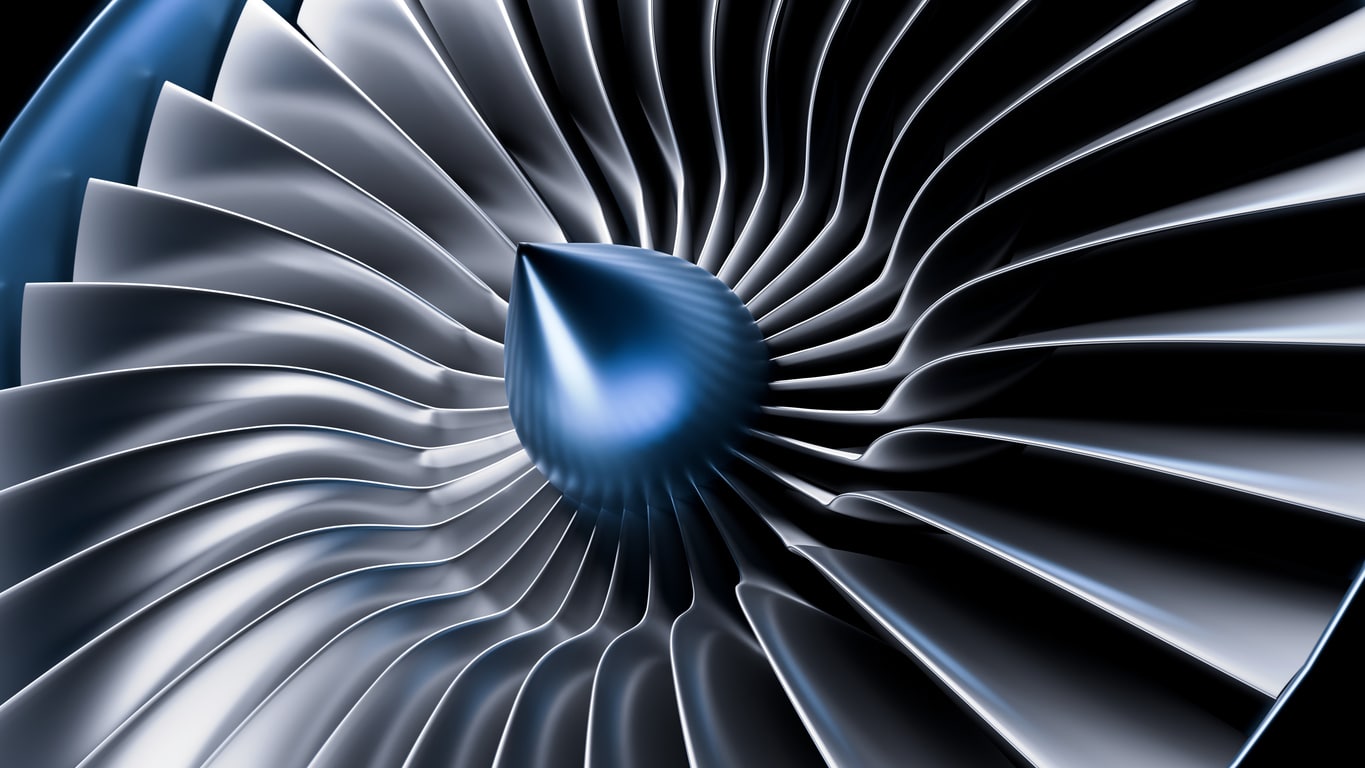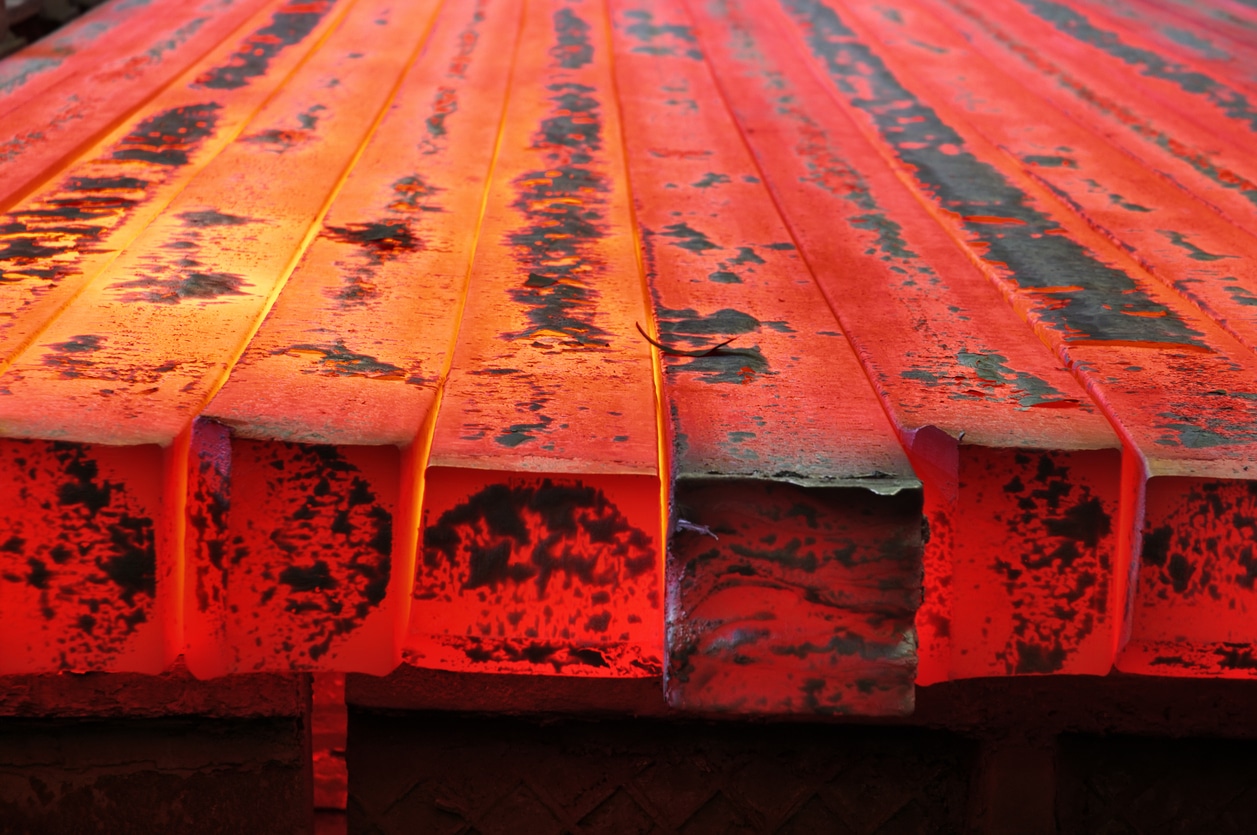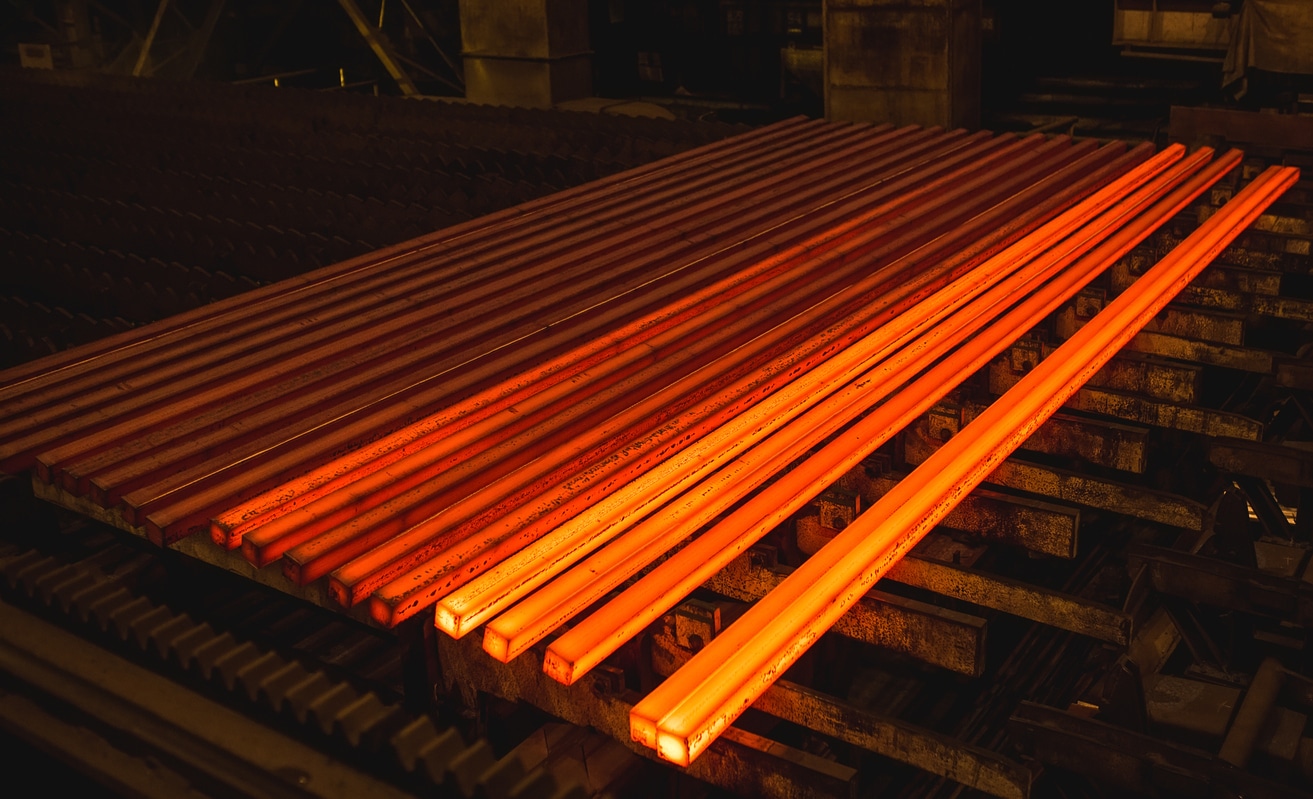Through Hardening
Through Hardening Services in Dallas-Fort Worth, Texas
In industries where component strength and durability are paramount, through hardening offers a robust solution for enhancing the hardness and wear resistance of metals. Southwest Metal Treating provides specialized through hardening services tailored to the needs of sectors such as manufacturing, aerospace, and oil & gas. This essential process transforms the entire metal piece to achieve uniform hardness, ensuring superior performance and longevity in demanding applications.


What is Through Hardening?
Through hardening is a heat treating process that makes the entire cross section of a steel part hard, strong, and wear resistant. Instead of only hardening the surface, the whole piece is brought to a high temperature to form austenite, rapidly quenched to create martensite throughout, then tempered to dial in the final hardness and toughness.
In practice, it is chosen when the core of a part must carry heavy loads or resist impact, not just the surface. Common candidates include medium to high carbon and alloy steels such as 1045, 4140, 4340, and 52100, where chemistry and hardenability support full section transformation.
How Through Hardening Compares to Case Hardening
Through hardening vs case hardening comes down to where you need strength. Through hardening creates uniform hardness through the entire section. Case hardening builds a very hard wear layer over a tough core.
-
Goal: Through hardening delivers consistent strength and hardness. Case hardening maximizes surface wear resistance while preserving core toughness.
-
Depth: Through hardening affects the whole cross section. Case hardening targets a measured case depth for contact surfaces.
-
Best use: Through hardening suits shafts, pins, dies, and heavy load components. Case hardening suits gears, cams, and sliding parts that see high contact stress.
-
Steels: Through hardening favors medium and high carbon or alloy grades such as 1045, 4140, 4340, and 52100. Case hardening favors low carbon steels prepared for carburizing or carbonitriding.
-
Trade offs: Through hardening can increase stress on thick sections and demands careful quench and temper. Case hardening adds processing time for diffusion and finish work.
Choose through hardening when the entire part must carry load and resist impact. Choose case hardening when surfaces need extreme wear resistance with a ductile core.
Benefits of Through Hardening
Process Details
- Initial Heating: Metal components are uniformly heated to an austenitizing temperature, allowing for full transformation of the metal's structure.
- Quenching: Rapid cooling is applied to harden the entire piece, achieving a consistent hardness throughout the material.
- Tempering: A controlled reheating process reduces brittleness, enhancing toughness and ensuring the metal is fit for intense operational demands.
Common Through Hardening Applications
-
Power transmission parts: Shafts, axles, spindles, couplings, and keys that need uniform strength end to end.
-
Gears and sprockets: For moderate to heavy duty where tooth cores must resist bending, not just surface wear.
-
Bearings and races: Rolling elements that demand very high hardness and long fatigue life.
-
Pins, bushings, and fasteners: Locating pins, hinge pins, high strength bolts, and studs for equipment and vehicles.
-
Tooling and dies: Punches, shear blades, forming dies, and fixtures that face impact and abrasion.
-
Hydraulic and motion components: Rods, collars, sleeves, and guides where stability and wear resistance are critical.
Best materials for through hardening
-
1045 and 1050: Cost effective choice for general purpose parts in small to medium sections.
-
4130 and 4140: Strong and tough for shafts, gears, and fasteners that see shock and torque.
-
4340: Deep hardening grade for thicker sections and heavy service.
-
52100: Bearing steel for very high hardness and rolling contact fatigue resistance.
-
5160 and 6150: Spring steels for resilient parts that are hardened and tempered.
-
O1, A2, D2, S7, H13: Tool steels for punches, dies, blades, and hot work service.
-
410, 420, 440C: Martensitic stainless options when you need corrosion resistance with through hardened strength.
Why Work with Southwest Metal Treating
Southwest Metal Treating stands out in the field of through hardening by combining advanced technology with expert knowledge. Our team is committed to delivering precision and quality, providing tailored solutions that meet the unique requirements of industries like manufacturing, aerospace, and oil & gas. We work closely with our clients to ensure each project benefits from customized treatment processes that enhance component integrity and performance.
Request a Quote Today
Strengthen your metal components with our expert through hardening services. Contact Southwest Metal Treating today to learn more or to request a customized quote. Our dedicated team is prepared to assist you in achieving the superior hardness and durability your projects require. Reach out now to experience our exceptional service and results.



